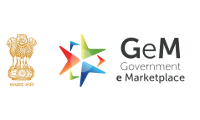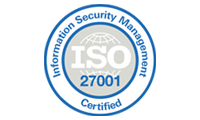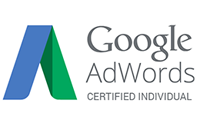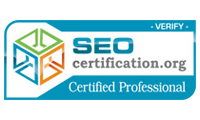Search engine optimization (SEO) is sort of an enigma, of which, on one hand, we know a lot and, on the other, nothing at all. The leading SEO providers across the globe indulge in extensive research to dig out the new changes implemented by Google in its search ranking algorithm. Once you become aware of the new changes in the algorithm, it becomes a cake walk to adapt to them for better and improved SERP rankings.
Although there isn’t a defined way of discovering how the said algorithm works, experts can work their ways around the trends, data and user experiences to find the best possible practices for an improved SEO. In the recent years, Rich-Media and Page Speed have become two of the major players that expert believe to impact SEO of a website. Let’s shed some light onto ‘Rich-Media’ first as it is taking the web-audiences for a sweeter ride.
What is it and how does it impact your SEO plans?
- Rich media refers to the use of more data-heavy content, such as images and videos, in your website to make it more engaging as compared to text content which is the rudimentary approach towards web development and SEO.
- There has been a paranormal shift from text to visual images which, in turn, means that websites that make use of compelling images and video tutorials attract the larger chunk of online viewer ship.
- A popular study has shown that nearly four times more customers would prefer watching a video over reading about a product.
Rich media and Click-through rate (CTR)
Extensive analysis of Google search result trends have projected a positive light regarding the authenticity of rich media content for better SEO. A research conducted by Blue Nile Research explains it all the same. The CTR of links embedded with rich media have a 61% click capture rate which is much higher as compared to a 48% click share for links without rich media content.
Another interesting finding of research in the same correlation suggests that rich media content offers a much better CTR for positions 3 through 10 on the SERP.
Conclusion: What can be concluded from the above research facts is that most websites with a rich media content that includes compelling imagery and videos, stand a better chance on the SERP provided they are well optimized.
Page Speed: Is the ‘Need for Page Speed’ real?
It was the year 2010 when Google, in an unprecedented announcement, made clear that page speed would impact the Google rankings of a website. It basically means that if your page takes more time to load than your competitors’, you could be placed below them on the SERP. According to Google, “A search result for a resource having a short load time relative to resources having longer load times can be promoted in a presentation order, and search results for the resources having longer load times can be demoted.”
This clearly defines the need for a better page speed on your website for a better SEO. The basic idea is to make the user experience more sweeter. Therefore, if you own a highly-engaging mobile site but it is slow, it could very well be penalized in search rankings.
The tricky metrics: Although Google has stated that page speed impacts the rankings, they are clear about one thing that content relevancy is still the KING. Therefore, while treading this tricky part, one has to find a balance between relevant content and a better page speed.













